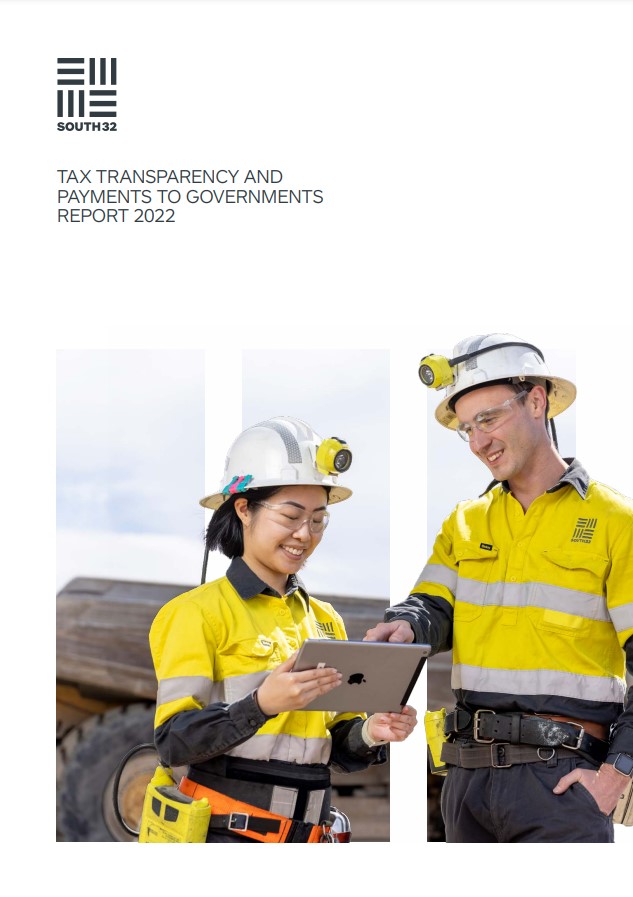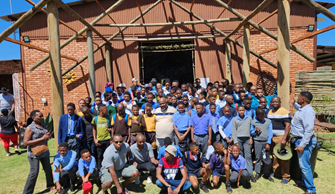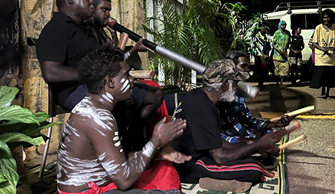
Our commitment to respecting human rights is a vital part of our approach to sustainability, not only because it is the right thing to do, but because it reflects our values and is critical to sustainable business practice.
We are committed to respecting all internationally recognised human rights as set out in the International Bill of Rights (comprising the Universal Declaration of Human Rights, the International Covenant on Civil and Political Rights, and the International Covenant on Economic, Social and Cultural Rights) and the International Labour Organization Declaration on Fundamental Principles and Rights at Work.



